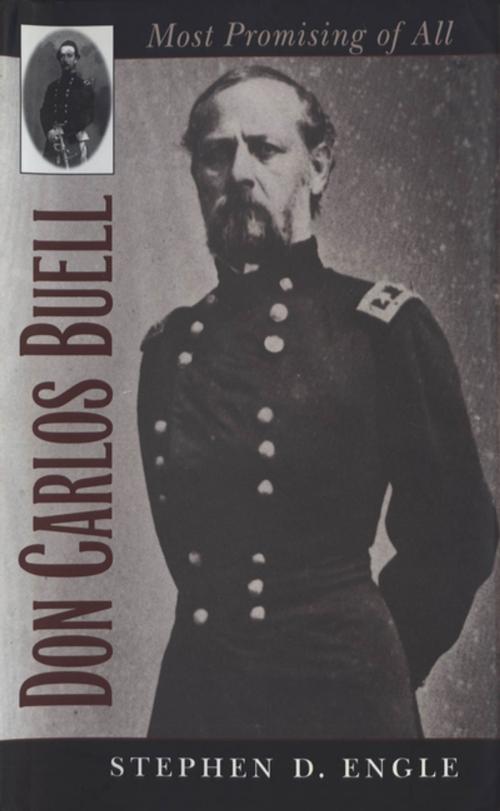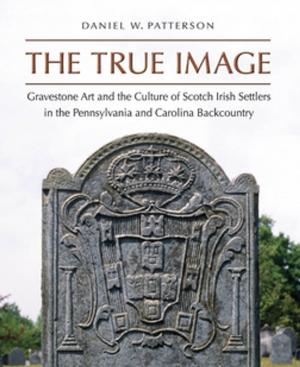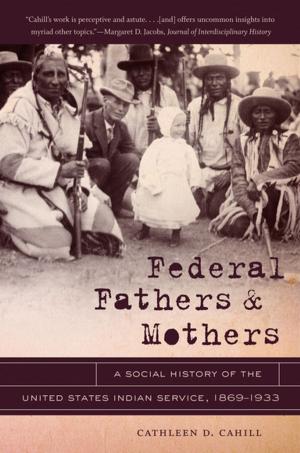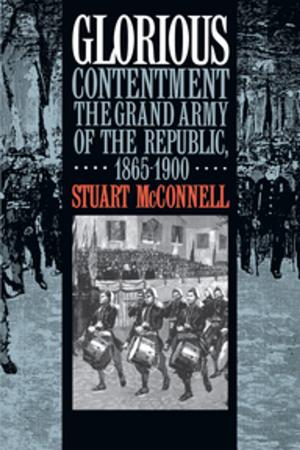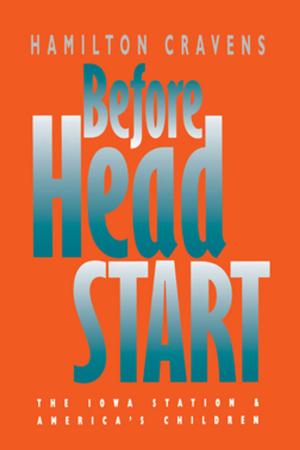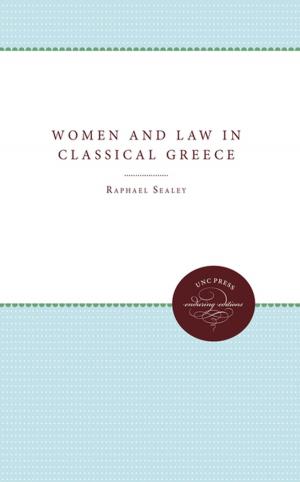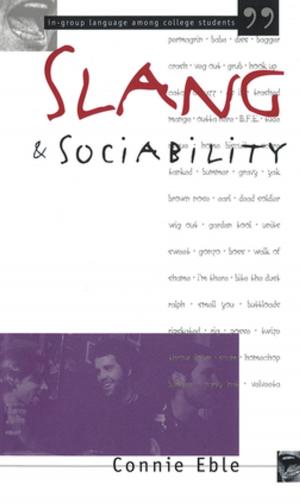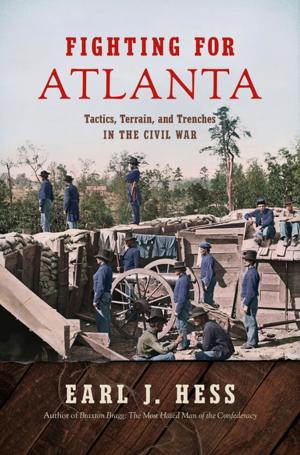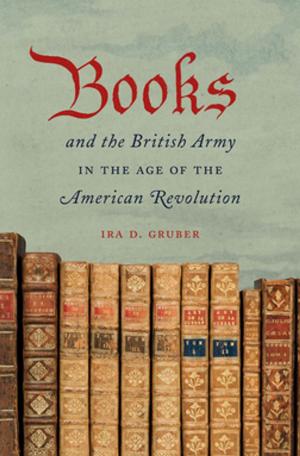Don Carlos Buell
Most Promising of All
Nonfiction, History, Americas, United States, Civil War Period (1850-1877), Biography & Memoir, Historical| Author: | Stephen D. Engle | ISBN: | 9780807875797 |
| Publisher: | The University of North Carolina Press | Publication: | December 29, 2006 |
| Imprint: | The University of North Carolina Press | Language: | English |
| Author: | Stephen D. Engle |
| ISBN: | 9780807875797 |
| Publisher: | The University of North Carolina Press |
| Publication: | December 29, 2006 |
| Imprint: | The University of North Carolina Press |
| Language: | English |
Major General Don Carlos Buell stood among the senior Northern commanders early in the Civil War, led the Army of the Ohio in the critical Kentucky theater in 1861-62, and helped shape the direction of the conflict during its first years. Only a handful of Northern generals loomed as large on the military landscape during this period, and Buell is the only one of them who has not been the subject of a full-scale biography.
A conservative Democrat, Buell viewed the Civil War as a contest to restore the antebellum Union rather than a struggle to bring significant social change to the slaveholding South. Stephen Engle explores the effects that this attitude--one shared by a number of other Union officers early in the war--had on the Northern high command and on political-military relations. In addition, he examines the ramifications within the Army of the Ohio of Buell's proslavery leanings.
A personally brave, intelligent, and talented officer, Buell nonetheless failed as a theater and army commander, and in late 1862 he was removed from command. But as Engle notes, Buell's attitude and campaigns provided the Union with a valuable lesson: that the Confederacy would not yield to halfhearted campaigns with limited goals.
Major General Don Carlos Buell stood among the senior Northern commanders early in the Civil War, led the Army of the Ohio in the critical Kentucky theater in 1861-62, and helped shape the direction of the conflict during its first years. Only a handful of Northern generals loomed as large on the military landscape during this period, and Buell is the only one of them who has not been the subject of a full-scale biography.
A conservative Democrat, Buell viewed the Civil War as a contest to restore the antebellum Union rather than a struggle to bring significant social change to the slaveholding South. Stephen Engle explores the effects that this attitude--one shared by a number of other Union officers early in the war--had on the Northern high command and on political-military relations. In addition, he examines the ramifications within the Army of the Ohio of Buell's proslavery leanings.
A personally brave, intelligent, and talented officer, Buell nonetheless failed as a theater and army commander, and in late 1862 he was removed from command. But as Engle notes, Buell's attitude and campaigns provided the Union with a valuable lesson: that the Confederacy would not yield to halfhearted campaigns with limited goals.
